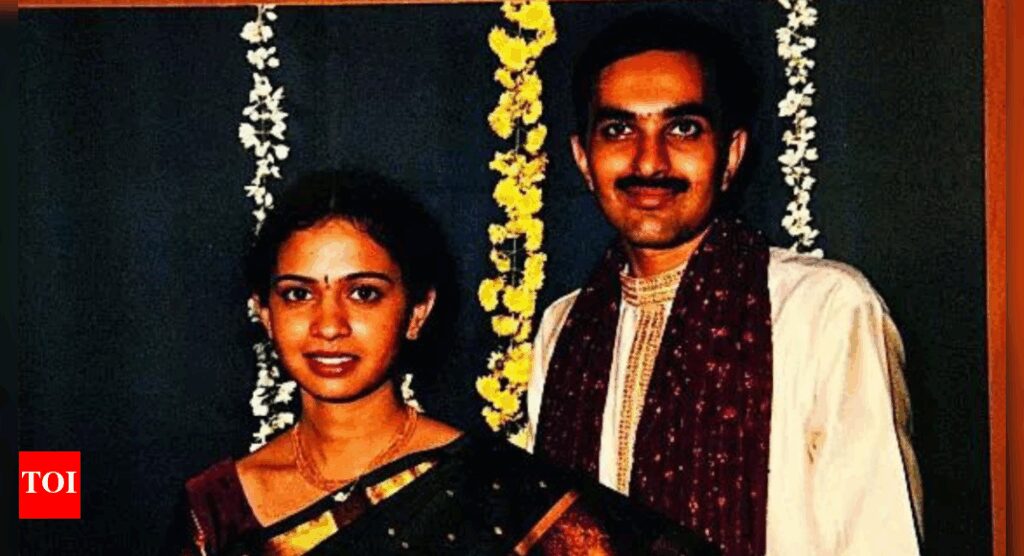BENGALURU: In a new development in the 2003 sensational Bengaluru ‘Ring Road Murder’ case – where a young woman plotted her fiance’s murder with the help of her boyfriend – the Supreme Court on Monday upheld the life sentences of prime accused Shubha Shankarnarayan and her three aides.While the top court not only upheld the convictions, it also gave the convicts eight weeks to file mercy petitions before the Karnataka governor. The court ruled that the convicts, currently on bail, should not be arrested until that window expires.

On the night of Dec 3, 2003, BV Girish, 27, took his fiancee Shubha, then 20, out for dinner. She was a fifth-semester LLB student while Girish worked for an MNC. The two had got engaged on Nov 30. The families had known each other for years, but what they didn’t know was that Shubha was in love with Arun Varma, 19, her junior in the college.Empathy for Shubha’s confusion could have averted tragedy: SC After dinner, Shubha wanted to see aircraft take off and land at HAL airport. Girish took her to a viewing point on Inner Ring Road. Both stood facing the runway. As Girish stood watching the planes, assailants attacked him on the head with a two-wheeler’s shock absorber. He succumbed to grievous injuries the next morning at a private hospital.Then police inspector from Viveknagar station, KA Nanaiah, cracked the case with the help of mobile call detail records (CDRs) which was relatively new in those days. Police arrested Shubha, Arun and his associates, Venkatesh and Dinesh.In July 2010, a local court found all four guilty and sentenced them to life imprisonment. The court concluded that it was a pre-planned murder as Shubha wanted to marry Arun. The convicts appealed in Karnataka high court which upheld the trial court’s orders of life imprisonment.In 2012, Shubha moved the Supreme Court challenging the conviction and was granted bail. Later, the others too walked out on bail.Passing the orders Monday, a two-judge SC bench comprising Justice MM Sundresh and Aravind Kumar observed, “We do not wish to end our judgment by merely rendering a conviction. We do believe that this court has a little more role to play.”The court observed that the unfortunate incident could have been averted had the family shown greater empathy in understanding Shubha’s mental confusion. “Despite having attained the age of majority, she was unable to decide for herself. Having said so, we cannot condone her action as it resulted in the loss of a young innocent man. We would only state at this juncture that Shubha committed this offence by adopting the wrong course of action to address her problem,” the court said.“We now choose to examine the matter from a different lens – one that considers the possibility of offering the appellants a chance at rehabilitation,” the court noted.

